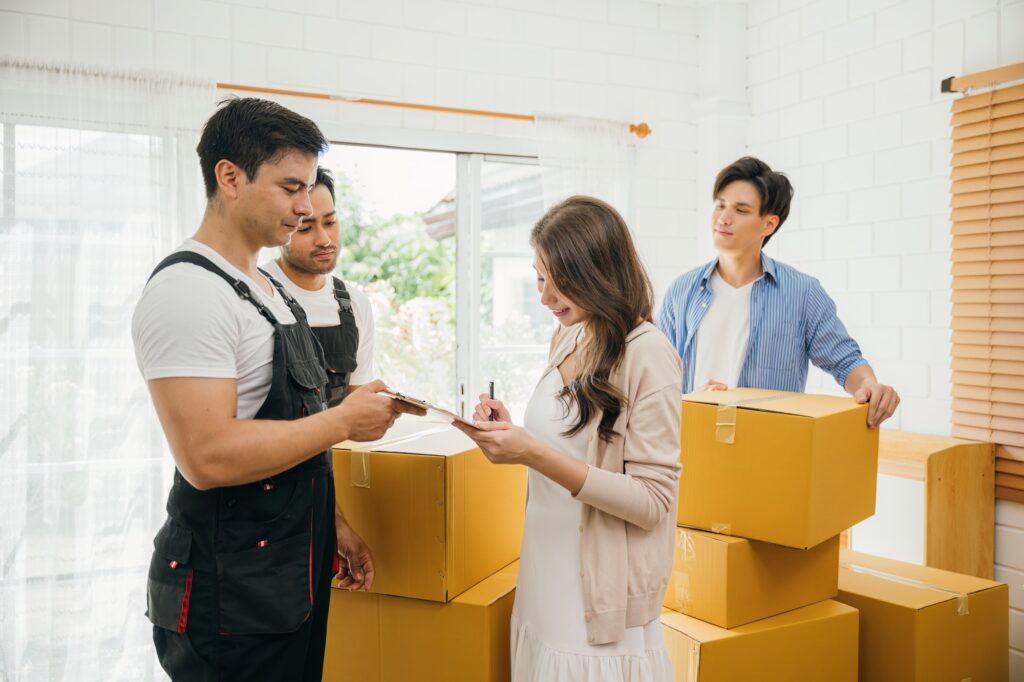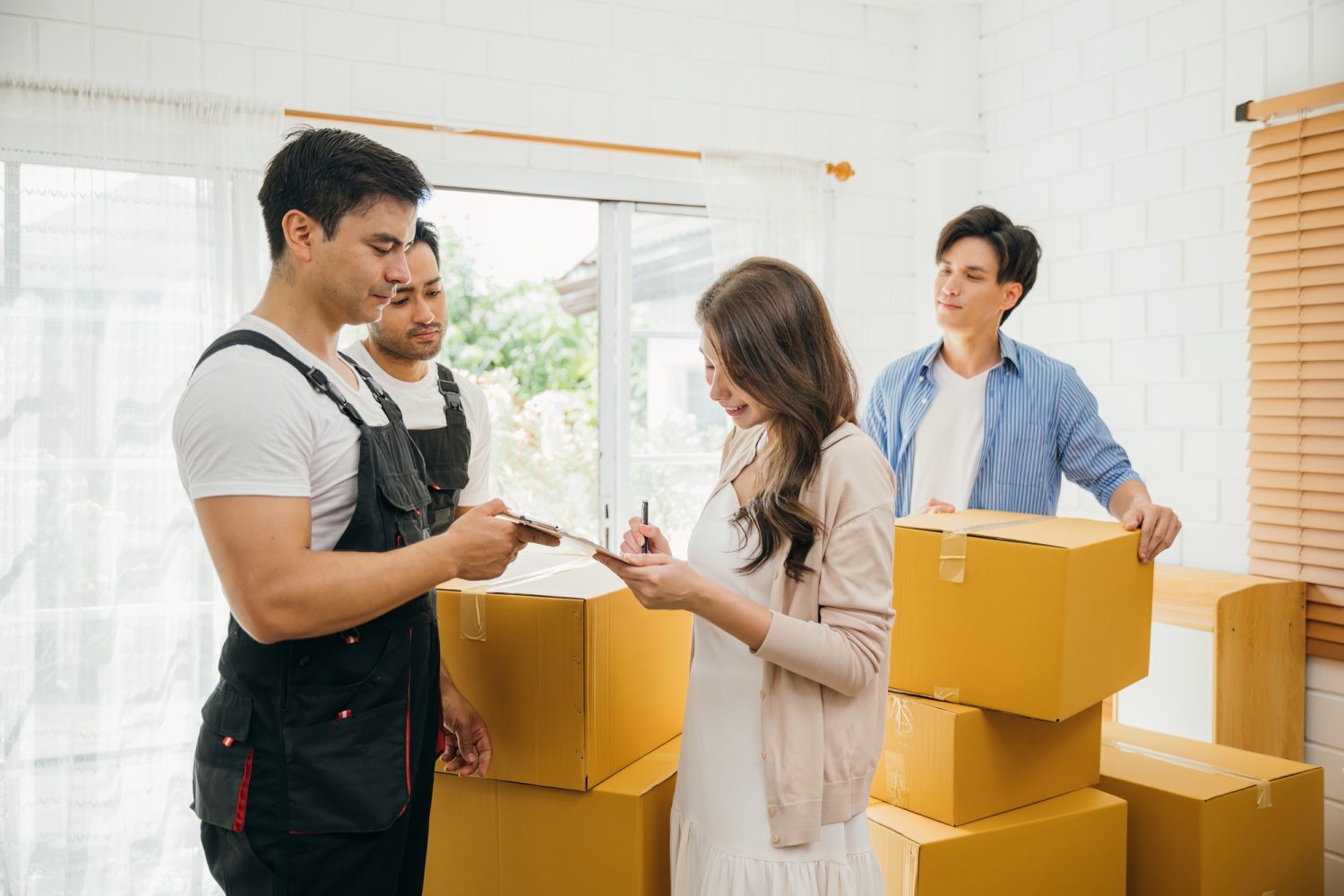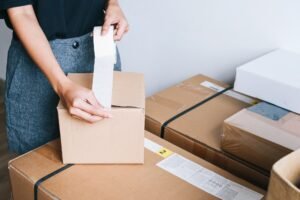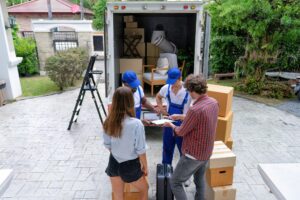The first few hours after a move can be pure chaos, boxes everywhere, furniture half-assembled, and everyone asking where the coffee maker is. That’s exactly why learning how to prioritize items for unpacking isn’t just helpful, it’s one of the most important things we can do to make moving day feel a little less overwhelming.
We’ve moved enough times to know that what you unpack first can completely shape how the next few days go. When we plan things right, everything feels smoother. When we don’t? Well, we all remember that time we couldn’t find our toothbrushes for two days straight.
Why Prioritization Makes or Breaks Post-Move Days
There’s something about walking into a new place with a mountain of boxes that makes us want to freeze. The key to beating that feeling is to unpack with intention, not just opening random boxes and hoping for the best.
We’ve moved enough times to know that what you unpack first can completely shape how the next few days go. When we plan things right, everything feels smoother. When we don’t? Well, we all remember that time we couldn’t find our toothbrushes for two days straight.
Before we even start thinking about what to unpack first, it actually helps to take a step back and look at what we’ve chosen to bring in the first place. If you’re curious about how letting go of unused items can simplify the entire process, we’ve written more on that in Unveiling the Amazing Benefits of Decluttering Before You Move, and trust us, it can make a massive difference.
What to Unpack First (And Why It Matters)
By having a clear idea of what needs to come out first, we can regain a sense of control in a moment that often feels unpredictable. And honestly, when we do it right, our new place starts feeling like home much faster.
Start with your essentials box. This is the one we usually pack last, it should have items we need within the first 24 hours:
- Toothbrushes
- Phone chargers
- Basic toiletries
- Medications
- Snacks
- Coffee supplies (trust us on this one)
These small things make a big difference. They help us feel grounded on night one without having to dig through ten boxes just to wash our face.
Next up, the kitchen and bathroom basics. We don’t need a full gourmet setup on day one, but a few plates, cups, and utensils go a long way. Same goes for toilet paper, soap, towels, and a clean place to shower. Having these basics ready helps us function without frustration.
Creating Zones Before You Unpack
One trick that’s helped us tremendously is mapping out unpacking zones in advance. Rather than opening every box and placing items anywhere there’s space, we mentally break the home into zones, sleeping area, work corner, daily use storage, and so on. Then, we focus on one zone at a time, based on importance. It’s surprising how much calmer things feel when we only look at one area instead of the whole house at once.
Don’t Rush the Non-Essentials
It’s tempting to want everything in place right away, books on the shelves, pictures hung up, decor looking Insta-ready. But we’ve learned to unpack in phases, and it’s a game-changer.
After the essentials and high-use rooms are settled, we give ourselves permission to unpack slowly. Decorations, extra kitchen gadgets, and that mysterious box labeled “misc.” can wait until day four or five. This isn’t just about saving time, it’s about avoiding burnout. Moving is already exhausting. We deserve to pace ourselves.
Family-Friendly Unpacking: Getting Everyone Involved
If you’re moving with kids, this part is big. We’ve found that giving children a small job, like unpacking their toy box or setting up their bookshelf, helps them feel part of the process and gives us a few moments of calm.
For larger families, we make it a team effort. One person handles kitchen setup, another does bedroom basics, and someone else focuses on setting up tech essentials. Suddenly, that pile of boxes becomes manageable.
Working from Home? Prioritize Your Setup Early
With more of us working remotely, setting up a functional workspace early can be a lifesaver. We’ve made the mistake of leaving our laptops and chargers packed until day two, never again.
Now, we make sure our home office or desk area is one of the first zones we unpack, especially if there are Zoom calls or deadlines on the horizon. Having a clear space to work brings a sense of normalcy, and it helps us settle into the new rhythm faster.
Use Labels (Yes, Even After the Move)
If we’ve labeled our boxes well, by room and item category, we’re already halfway there. But even if we haven’t, we can still sort as we go.
We’ve even started using colored sticky notes during unpacking: red for urgent, blue for later, green for shared items. It’s a low-tech solution that saves us from mental overload. Plus, it makes it easier for friends or family to help if they stop by.
Don’t Forget the Trash Bag and Toolkit
It may sound silly, but having a trash bag handy from the very start is a game-changer. Between packaging materials, tape scraps, and bubble wrap, it piles up fast.
Same goes for a basic toolkit, screwdrivers, box cutters, Allen wrenches. Trust us, you’ll use them a lot more than you think on the first day alone.
Settling In Starts with the Right First Steps
We used to think unpacking was just about speed, getting everything out as fast as possible. Now we know it’s about sequence. When we prioritize the right items, we give ourselves the space to adjust, relax, and really enjoy our new environment. It’s not just a to-do list. It’s the start of how we’ll live in this space.

Need Help Beyond Unpacking?
At Jean Movers, we understand that moving doesn’t stop once the truck pulls away. We’ve helped countless families and individuals not just move homes, but settle into them with less stress and more ease.
Whether you’re planning your next move or already surrounded by boxes, our team is here to support every step, from smart packing to knowing how to prioritize items for unpacking like a pro. Let us help make your next move feel like a fresh start, not a frantic rush.
Frequently Asking Questions (FAQs)
What should be unpacked first after an office or home move?
Is it better to unpack by room or by priority?
How can labeling help speed up unpacking?
Should we declutter while unpacking?
How can I create a prioritization plan for unpacking?




